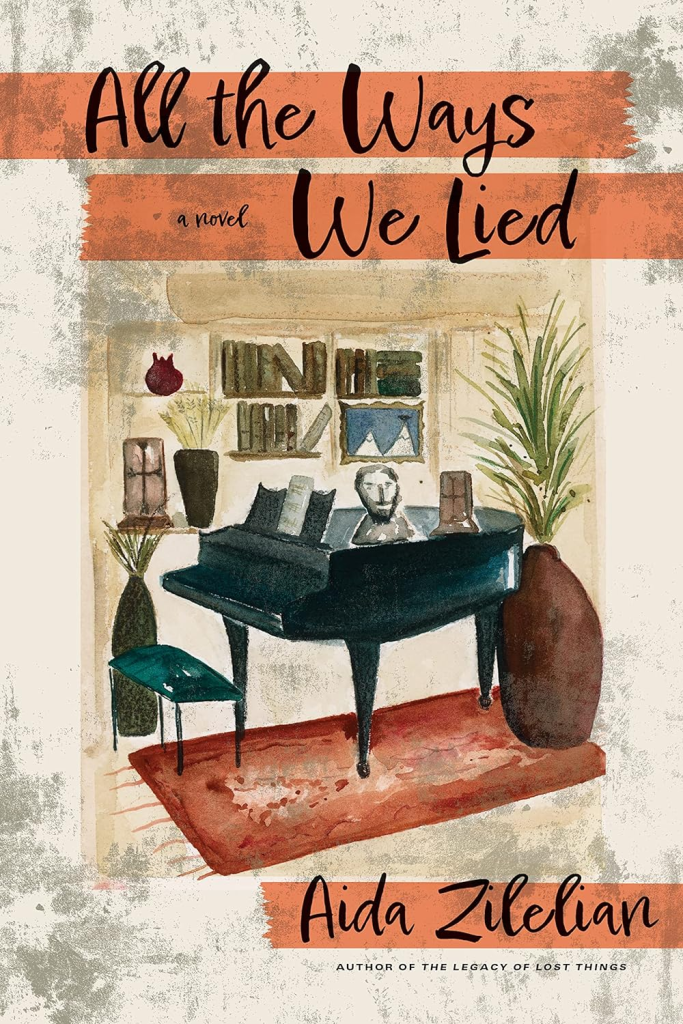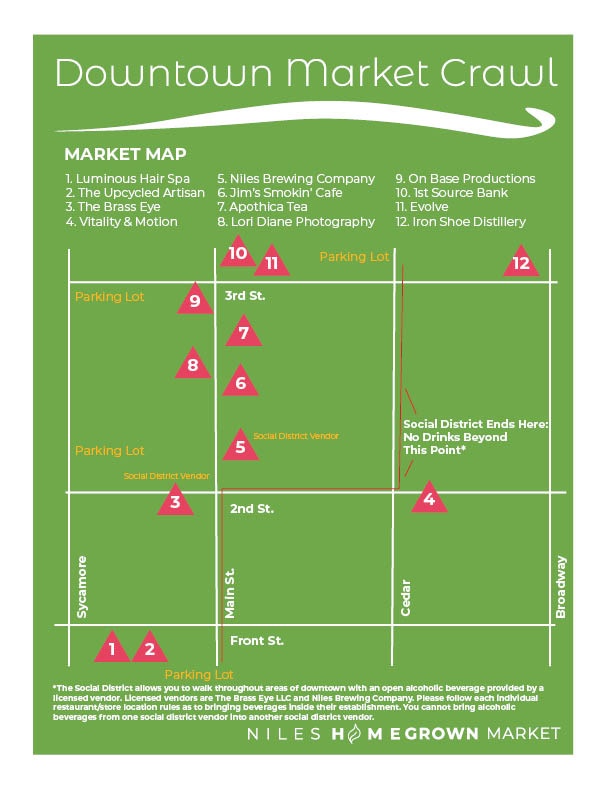The easy part of my story about my dad is that I miss him. I miss having breakfast with him where the waitresses always knew the kind of mug he liked for his coffee. I miss taking him with me to visit family cemeteries and the historical society in the county in Indiana where his dad grew up. He showed me the storefront that used to house my great grandfather’s blacksmith shop. And I could tell him all the stories I learned from doing family history research. None of that has any real substance though, as easy as the stories are to tell.
When my father died, I found myself suddenly placed in the position of being the one making the “arrangements.” I wanted to lie down and feel sorry for myself but instead, I met with the funeral home, the priest, my family, our neighbors, even my sister’s former classmates and friends who drove up to attend the wake and to see her. I think about those few days now and all I see is me talking. Nothing but talking.
Oh, and crying. I was worried I might become known as “that woman who comes to church, sits down, and cries to herself.” There was even one sweet member of the church choir who came over after the service and gave me a hug because she thought I looked like I could use a hug. Boy, did she get that right. Churches have been my sanctuary for a long while, but in this instance, during the days just before and just after my father’s death, I would walk in, sit down, and just cry.
Ironically, I really did want to get the funeral and burial just right and I can see now that I missed that mark by a long shot – but I know why now. At the time, I thought I was just acting without thinking.
The service was lovely, but I held up the drive from the church to the cemetery because I was talking to the organist and the singer about the years I had spent singing in the choir – as if a hearse, cars, family, and neighbors weren’t all waiting to leave.
That pales compared to my behavior at the cemetery. I had arranged for a burial with full military honors. My father was a sergeant in the Army Air Force in WWII and was stationed on Iwo Jima. It was appropriate. When we turned the corner off the highway into the graveyard, I could see the honor guard waiting for us. The local American Legion post sent two uniformed soldiers, and a chaplain who was accompanied by a bugler and a row of Armed Services veterans who stood at attention while the prayers were said and the flag that had draped my father’s coffin was folded.
I have no experience with military funerals. I sat, listened to Taps, heard the 21-gun salute, and watched while the two young men prepared the flag as if every crease, every fold had immortal significance. Then, one of the men came over to me, knelt on one knee and looked me in the eyes, saying that the flag was presented to me on behalf of the President of the United States. I held it close, passed it to each of my four children so they could hold it for a moment as well.
And then I gave it back to him, saying, “You know, I’m moving and I really don’t have the space for it, you know.”
My cousins were aghast; my neighbor came over to me. They must have thought I had lost my mind. No, I told them, I’m downsizing and I’d just hate for it to end up in a closet, you know.
My dear sweet Lord, what was I thinking?
Later that day, my son said he’d like to have his “But what was I thinking? How did I get it all so very wrong in that moment? See, my dad would have already told me what to do with his flag – but he was gone.
In retrospect, where all my great realizations suddenly come into focus, I know that while I was grieving the loss of my dad, I was also grieving the loss of my own childhood. I’m old enough for Social Security now, but my childhood was suddenly wrenched from me when my father died. My being a child – even up to now – relied on his being there for me.
If I did something fun or wonderful, I wanted to tell him – the same way it was when I was small and living at home. If I did well in school, which wasn’t all that often, I wanted my dad to know. We would share favorite TV shows, talk about cars and radios, eat bowls of cottage cheese and small bits of liver sausage on Wheat Thins with some cheddar, all washed down with ice cold root beer – and I could tell him all about everything. We would sit on the front stoop at night and listen to what my mother called the “night noises,” most times not even saying a word.
That gap is what grief is all about. It’s why people call it a “loss.” You lose so much and it happens so suddenly even if the actual passing is expected or anticipated. But in time, I think you can gain so much, too. When my dad could be on the other end of a phone call, I could rely on the one person who had always been there for me. There was a knight in a corner of my chessboard, waiting to move if I needed him to protect me. It’s just my turn now to be that knight.
I am fortunate that I did have my dad in my life for as long as I did. I am fortunate as well that our relationship was one of shared time and interests – and such love.
You hear people say, when their parents die early in their lives, that mom or dad would be proud of the adult they’ve become. I’ve only been an adult for a short while, but I think when I really get the hang of it, I’ll be good at it too.
Like my dad.
Excerpt from “These Winter Months,” edited by Anne Born
This material is protected by copyright. Available in My Bookstore and on Amazon.
















